The most canceled woman in the world: Camille Paglia
In Sexual Personae, she attacks liberalism, feminism, and Nature-worship like no other writer before or since
On her 76th birthday today, discover her insights on why science is cope, how civilization is masculine, and more👇🏻
In Sexual Personae, she attacks liberalism, feminism, and Nature-worship like no other writer before or since
On her 76th birthday today, discover her insights on why science is cope, how civilization is masculine, and more👇🏻

1/ Liberalism's great paradox
Paglia: "Liberalism defines government as tyrant father but demands it behave as nurturant mother"
Feminism wants the tyrant father to solve all grievances (mean words on twitter) while being an all-permissive mother otherwise
A big contradiction

Paglia: "Liberalism defines government as tyrant father but demands it behave as nurturant mother"
Feminism wants the tyrant father to solve all grievances (mean words on twitter) while being an all-permissive mother otherwise
A big contradiction


2/ For Paglia, art, religion, and civilization are man's half-solutions to the eternally chaotic nature: "Religion, ritual, and art began as one." Man chants a hymn, sketches a painting, & erects a city wall for the same reason: to buffer against, AND impose his vision, on nature
3/ Religions go from "Earth-cults" to “Sky-cults”
When powerless against Mother Earth, humans worship the chaotic but fertile feminine
Example: The Venus of Willendorf
As human control expands, religions become Sky-Cults
We worship a Male God that designs, instructs, orders

When powerless against Mother Earth, humans worship the chaotic but fertile feminine
Example: The Venus of Willendorf
As human control expands, religions become Sky-Cults
We worship a Male God that designs, instructs, orders
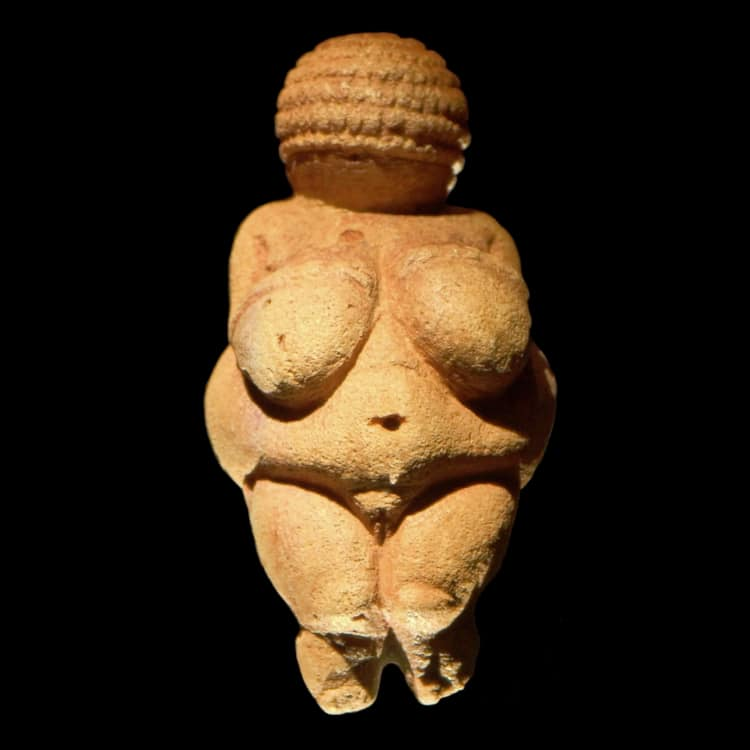
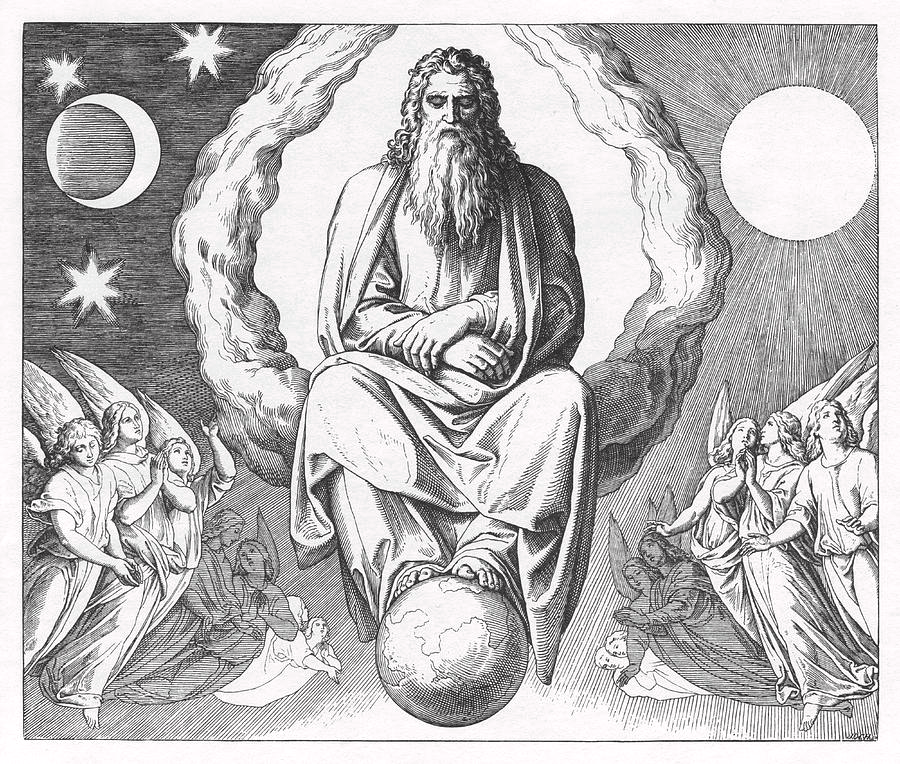
4/ Science is cope
Science is a male attempt to use labels, data and the "cold light of intellect" to beat back the "archaic night" of nature
Science is our "quest for form"
Paglia: "To know is to control"
But nature, writes Paglia, "breaks its own rules whenever it wants"
Science is a male attempt to use labels, data and the "cold light of intellect" to beat back the "archaic night" of nature
Science is our "quest for form"
Paglia: "To know is to control"
But nature, writes Paglia, "breaks its own rules whenever it wants"
5/ East v/s West
The West invented the gun even though China invented gunpowder centuries ago
Western mind is more interested in "phallic projection"
The western psyche wants to pin reality down
But the Eastern psyche, Paglia writes, goes for "compliance, not confrontation"

The West invented the gun even though China invented gunpowder centuries ago
Western mind is more interested in "phallic projection"
The western psyche wants to pin reality down
But the Eastern psyche, Paglia writes, goes for "compliance, not confrontation"
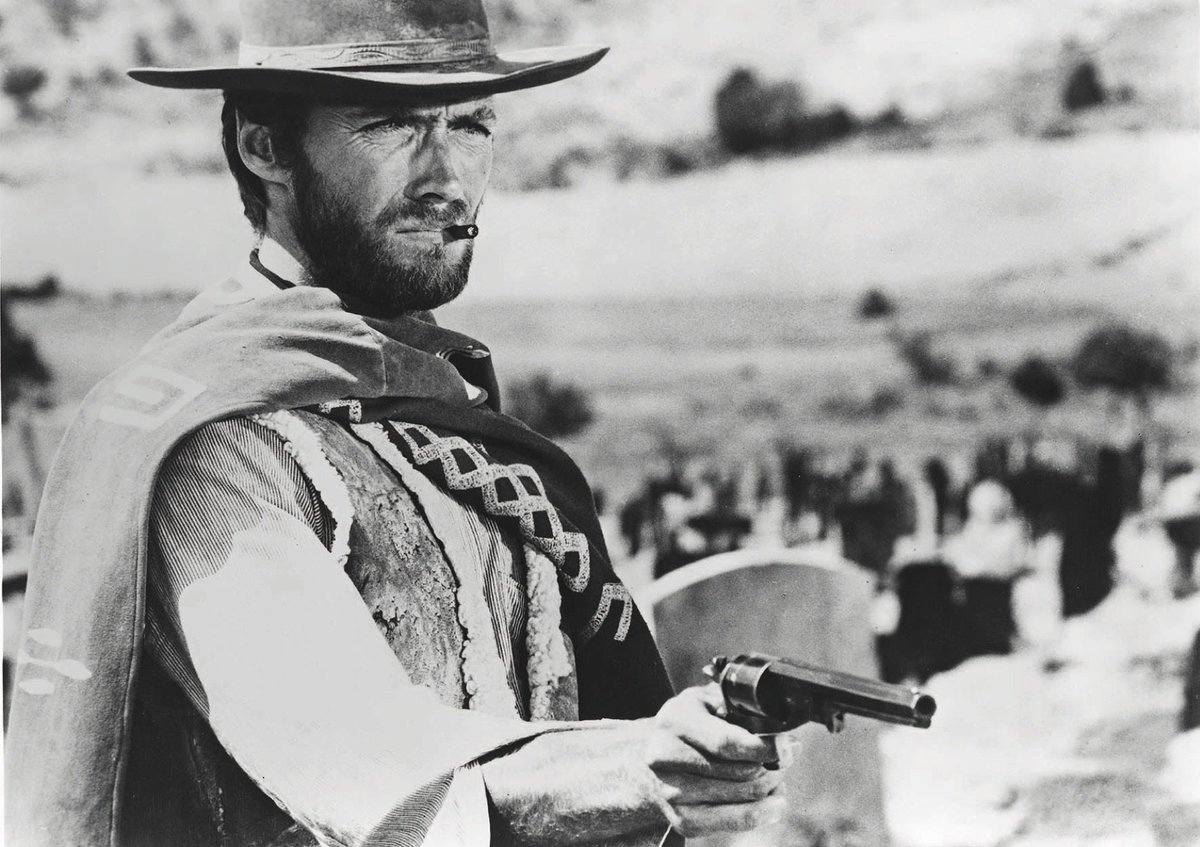
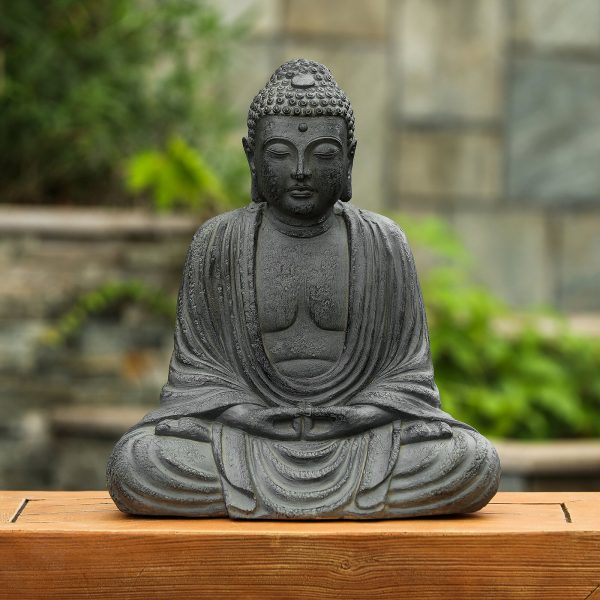
6/ Art is about creating order out of chaos, not promoting morality:
Paglia: "It is the order in morality rather than the morality in order that attracts the artist"
An artist's greatest motivation is to turn nature's madness into a coherent story using the alchemy of his work
Paglia: "It is the order in morality rather than the morality in order that attracts the artist"
An artist's greatest motivation is to turn nature's madness into a coherent story using the alchemy of his work

7/ Art rises from the "deranged egotism and orderliness" of the male mind
Most criminals and geniuses are men because both crime and art involve imposing one's personal masculine will on the world
Paglia: "There is no female Mozart because there is no female Jack the ripper"

Most criminals and geniuses are men because both crime and art involve imposing one's personal masculine will on the world
Paglia: "There is no female Mozart because there is no female Jack the ripper"


8/ Paglia on beauty:
"Beauty is our weapon against nature; by it we make objects, giving them limit, symmetry, proportion. Beauty halts and freezes the melting flux of nature."
Beauty is one of humanity's great tools
It makes the world holier and worth sacrificing for



"Beauty is our weapon against nature; by it we make objects, giving them limit, symmetry, proportion. Beauty halts and freezes the melting flux of nature."
Beauty is one of humanity's great tools
It makes the world holier and worth sacrificing for




9/ The worldview in your pants
Paglia: "Sexual physiology (sets) the pattern for our experience of the world"
The penis underlines "linearity, focus, aim, directedness"
But females must make peace with hidden genitals - which makes them at ease with "greater subjectivity"

Paglia: "Sexual physiology (sets) the pattern for our experience of the world"
The penis underlines "linearity, focus, aim, directedness"
But females must make peace with hidden genitals - which makes them at ease with "greater subjectivity"


10/ How to become nature's favorite
Paglia on the aggressive underbelly of life:
"Sperm are miniature assault troops, and the ovum is a solitary citadel that must be breached. Weak or passive sperm just sit there like dead ducks. Nature rewards energy and aggression."
Paglia on the aggressive underbelly of life:
"Sperm are miniature assault troops, and the ovum is a solitary citadel that must be breached. Weak or passive sperm just sit there like dead ducks. Nature rewards energy and aggression."
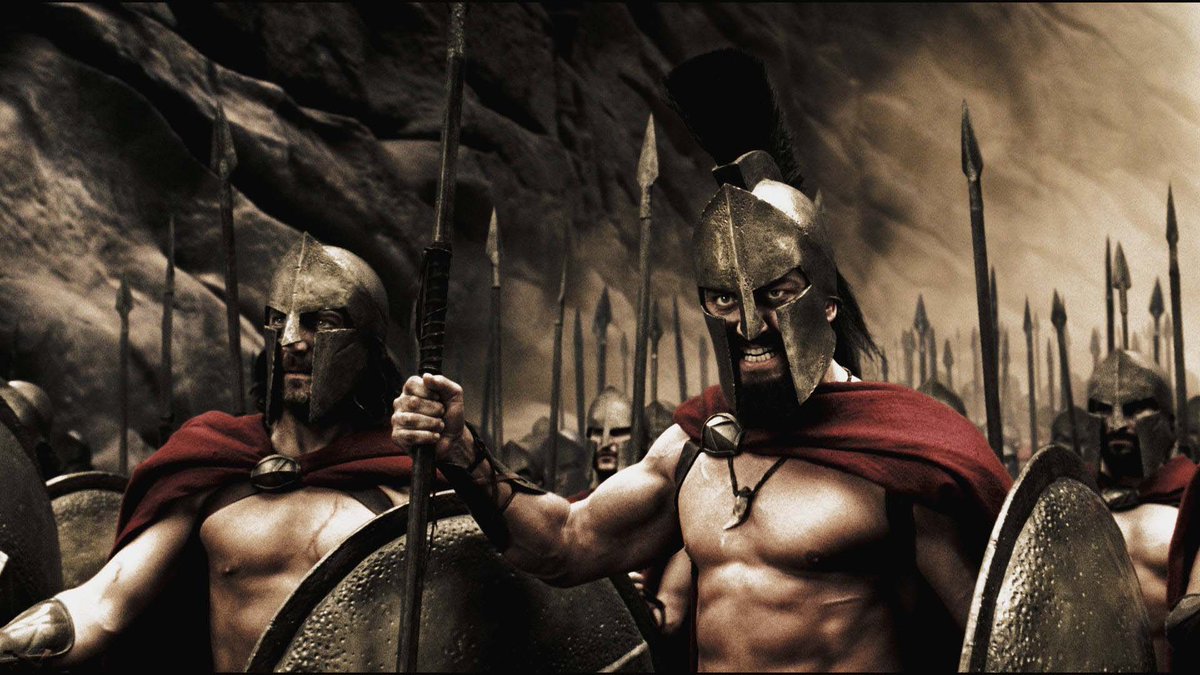
Paglia's Sexual Personae is a dense, provocative, and deeply rewarding read
50+ insights from the book here: memod.com/jashdholani/bo…
Find inside:
• Why Ancient Egypt worshipped cats
• Feminism's blindspots
• Why men and women need each other
Dig in: memod.com/jashdholani/bo…
50+ insights from the book here: memod.com/jashdholani/bo…
Find inside:
• Why Ancient Egypt worshipped cats
• Feminism's blindspots
• Why men and women need each other
Dig in: memod.com/jashdholani/bo…
Thank you for your time fren!
If you enjoyed this thread
RT the first tweet
And Paglia-Pill your timeline👇🏻

If you enjoyed this thread
RT the first tweet
And Paglia-Pill your timeline👇🏻
https://twitter.com/oldbooksguy/status/1642622677516185600?s=20

• • •
Missing some Tweet in this thread? You can try to
force a refresh










